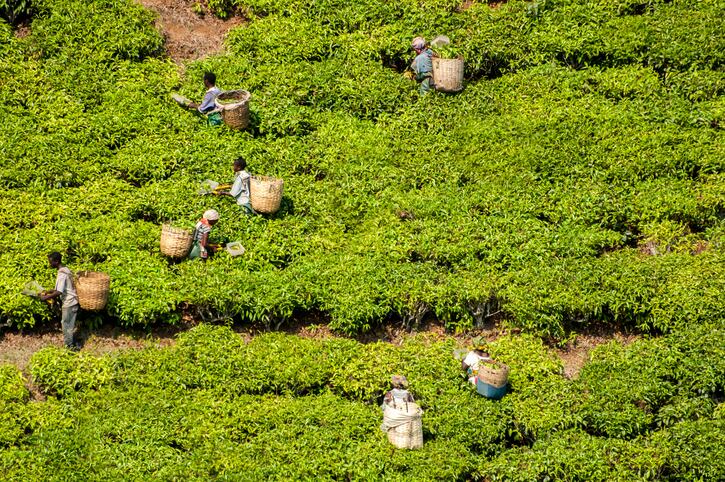Initiated by Fairtrade International and the World Fair Trade Organisation, the Charter’s central tenet is that the benefits of global trade must be shared more equally across farmers, workers, companies and consumers.
“Markets are typically dominated by a handful of international firms who have the power to set the terms of trade for their suppliers, forcing prices down, often to levels below the full costs of production,” it reads. "This leaves small producers and workers struggling to earn a living wage and vulnerable to exploitation.
“But the solution does not lie in policies that simply reinforce protectionism and restrict international trade; rather the need is for trade to be managed in a better way.”
Launched yesterday (25 September), three years after the United Nations established the Sustainable Development Goals (SDGs), the document urges policy-makers, business leaders and citizens to embrace the vision by sourcing, manufacturing, buying and supporting fair trade products.
It also revises and updates the 2009 Charter of Fair Trade Principles which is widely used as a primary reference document for policy and advocacy work.
To read the Charter in full, click here.
Executive director of Brussels-based Fairtrade Advocacy Sergi Corbalán told FoodNavigator he hoped the Charter would have a significant impact on the food industry by clarifying the vision behind the Fair Trade movement, and encouraging manufacturers and suppliers to embrace the values behind it.
“Our long-term goal is not […] to have all food products with a Fair Trade label. Our goal is to render Fair Trade labels unnecessary," he said.
“Trade can't be fair if it is only fair to one side of the equation.”
So far, over 300 organisations have given their support to the Charter. (To see the full list, click here.)
However, Corbalán noted that if an organisation gave public support to the Charter, this was a unilateral action and did not mean the organisation was ‘recognised’ as Fair Trade.
He described the Charter as “a political vision document” rather than “a standard to be checked against” or a means by which farmers and producers can become certified.
Dario Soto Abril, global chief executive officer of Fairtrade International, described the document as a point of reference and inspiration for others to follow suit.
“Trade can and should be used as a tool to help close the gaps across society. For decades, the Fair Trade movement has pioneered approaches that have the potential to transform the broader global economy,” he added.
Together, the World Fair Trade Organisation and Fairtrade International work with over 4,000 grassroots organizations, representing over 2.5 million small-scale producers and workers in over 70 countries.

